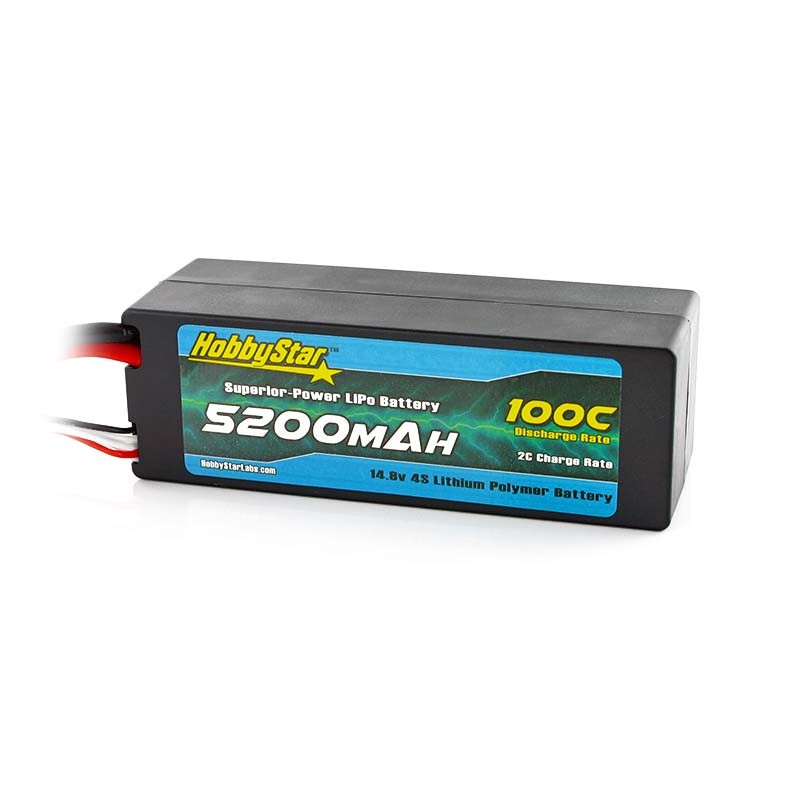I'm an electronics type, but don't know jack about chemistry, and only enough about cells / batteries to get by, however:
Here's how I look at it. From what I've gathered, I suspect the following may be true: High temps and batteries are never friends. It seems to be axiomatic regardless of chemistries, etc. PHX kills lead-acid car batts at I rate I've never seen in the other dozen states I've lived in, and I've no doubt that's temp deg(radation). I suspect high temps may deg all chemistries to varying degrees, or at least that's my current working assumption. If I wanted to keep one of those jump-start packs in my car, I would expect that temp would deg that too, ironically, just as it does the car batt in a car I might need to jump start with it. If I expected any less, that would be like expecting to get something for nothing, which only rarely (if ever) happens in elect engineering. I would view it very much as I would my car batt; something with a finite life expectancy which would require replacement periodically. LFP may deg less than lead-acid, but I would assume that it will deg (unless / until I find out otherwise). That's just how I view the issue. I'm not saying I'd never keep one in my car, only that I'd anticipate degradation, and just consider it part of the price of doin' business.




